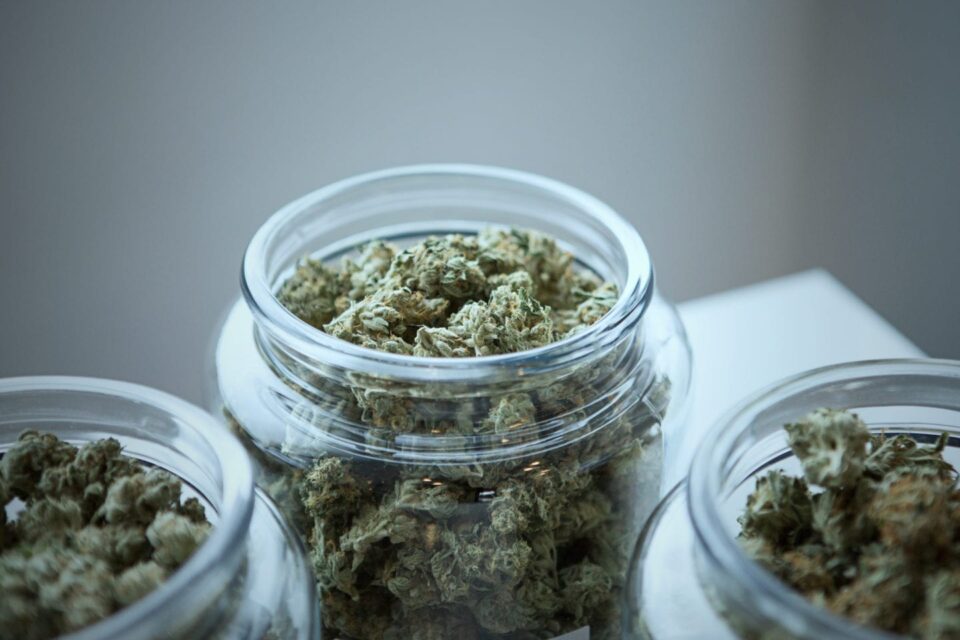Addison Herron-Wheeler: HighTimes
A study published in the British Medical Journal by researchers at Yale University and the University of California, Davis, reveals a connection between prevalence of cannabis dispensaries and a drop in opiate deaths, something that hasn’t been specifically looked at in other cannabis-and-opiate relation studies.
The study, headed up by authors Greta Hsu and Balázs Kovács, looked at whether adding more dispensaries to an area, and therefore easier access to cannabis, made a difference in deaths from opiates.
In order to carry out the study, researchers looked at 812 counties in the United States and 23 states that allow legal dispensaries in some form. It looked only at states that had legalized cannabis in some form by the end of 2017.
The findings show that there was a 17 percent reduction in opiate deaths from the years of 2014 to 2018 in areas that have at least one dispensary. Two dispensaries per region seemed to lead to a 21 percent decrease in opiate deaths, and three dispensaries led the rate to fall by another 8.5 percent.
“Our study examines the association between the count of active dispensary operations (a more direct measure of legal cannabis availability than legislation events) and opioid related mortality rates at the county level over the period 2014-18,” the study’s abstract explained. “We focused on the county level because counties represent important units of analysis for population health studies.”
How Cannabis Can Help Alleviate The Opioid Crisis
The opioid crisis is serious in the U.S., as it killed more than 67,000 people in 2018 alone, according to the Centers for Disease Control and prevention. About 10 million people at any given time misuse their prescription opiates, to say nothing of those who have passed away due to opiate use, or those who get their opiates on the illicit market. Fentanyl specifically was responsible for 46,000 deaths in 2018, about two-thirds of the total deaths that year.
The authors explained that the study was meant to promote “a greater understanding of the impact of cannabis legalization on opioid misuse and public health outcomes before policymakers can weigh the potential benefits against the harms of promoting cannabis legalization.
“Higher medical and recreational storefront dispensary counts are associated with reduced opioid related death rates, particularly deaths associated with synthetic opioids such as fentanyl. While the associations documented cannot be assumed to be causal, they suggest a potential association between increased prevalence of medical and recreational cannabis dispensaries and reduced opioid related mortality rates. This study highlights the importance of considering the complex supply side of related drug markets and how this shapes opioid use and misuse.”
However, as in many studies about cannabis and opiate addiction, the authors do not specifically promote cannabis dispensaries as a way to help with the opiate crisis. The study makes sure to explain that “such conclusions are currently premature without evidence of causality.”
Disclaimers of that kind are par for the course when it comes to cannabis research, and this is still another major piece of evidence that suggests that more access to cannabis means less demand for opiates.
Addison Herron-Wheeler: HighTimes
Published: 2021-01-29 22:00:17
If you like this post, please hit the thumbs up button below and share it along:



